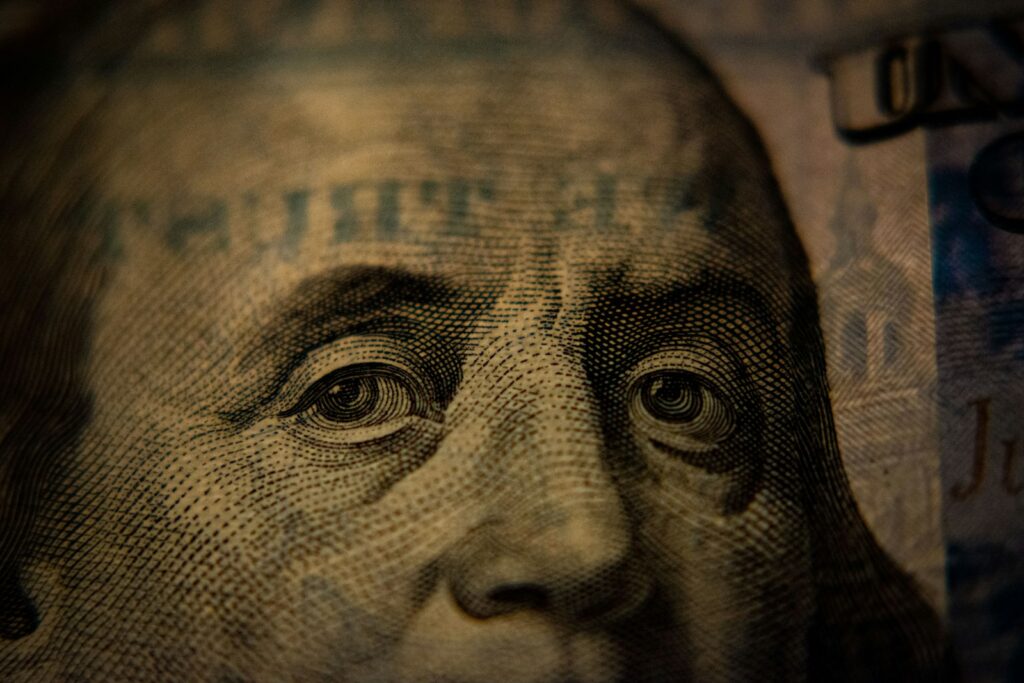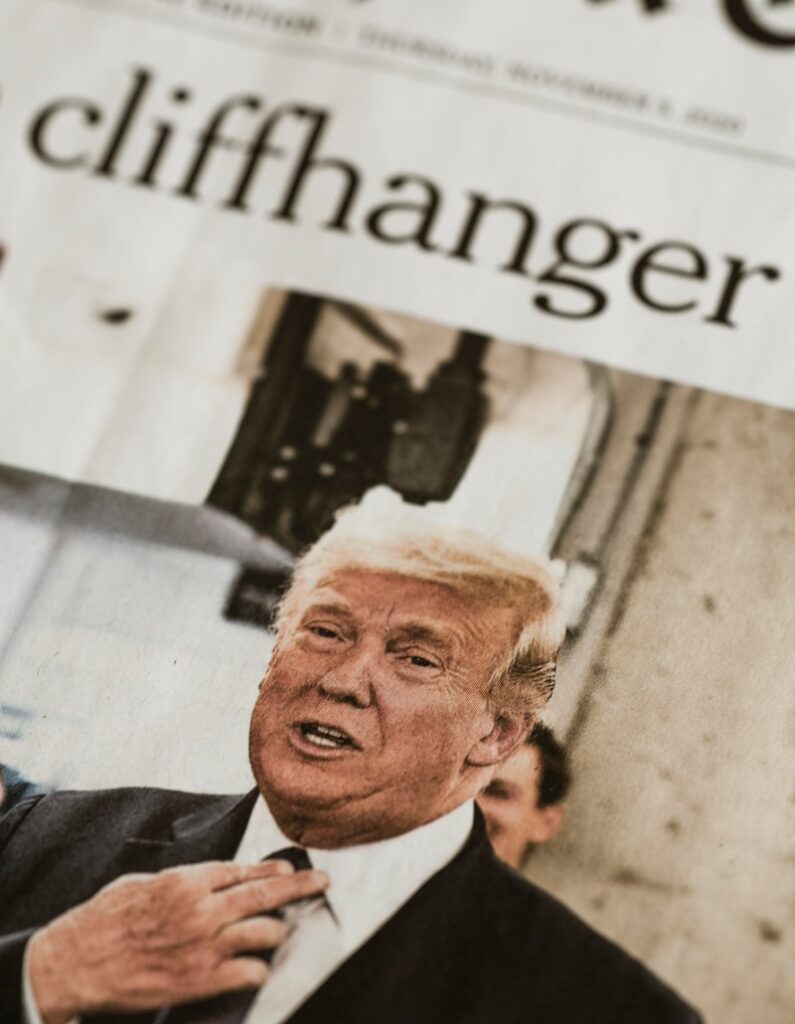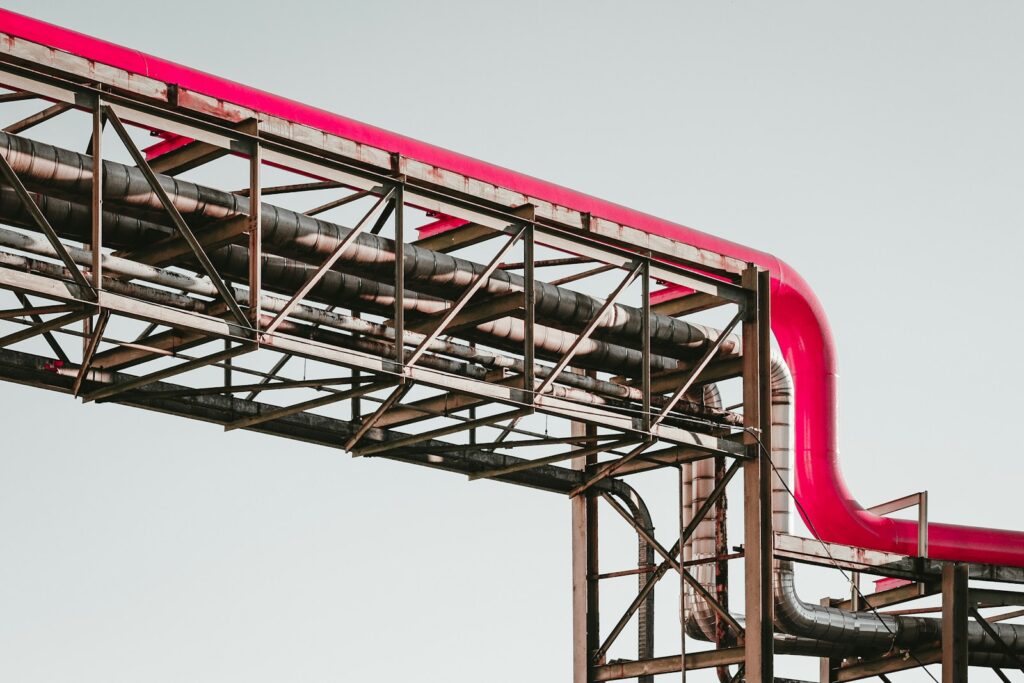
Pension Dilemma: Lesson from Estonia
BY
LFMI / January 15, 2026
Next year, participants in Lithuania’s second-pillar funded pension system will face a personal financial referendum: to stay and save, to withdraw and leave, to transfer savings to the third pillar of the pension system, or to invest independently. Estonia tried the same approach in 2021, and economists at its central bank assessed the consequences. Estonia’s experience is highly relevant for Lithuania – similar outcomes are plausible here as well.











